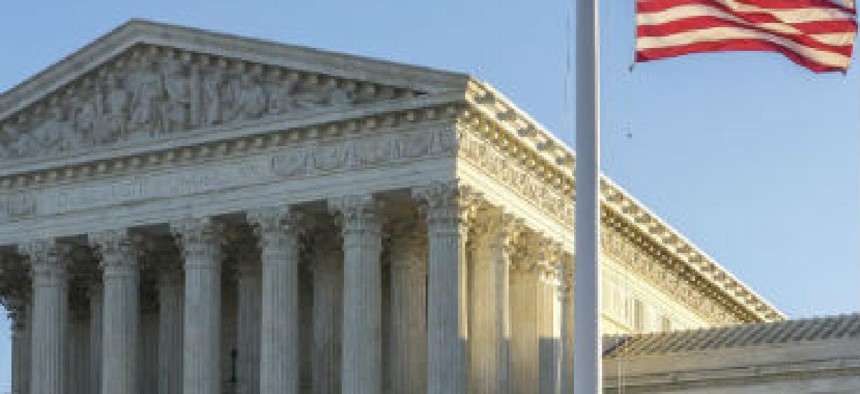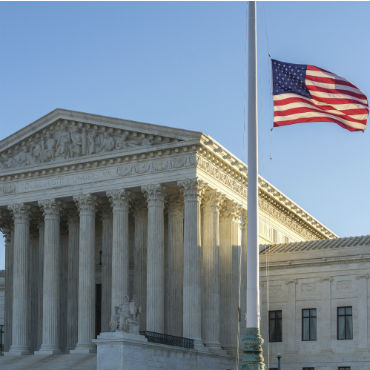Contracting cases could be held up by Supreme Court uncertainty

Add two key federal contracting lawsuits to the long list of issues that could be complicated by the death of Justice Antonin Scalia.

The death of Justice Scalia could affect the outcome of two government contracting cases before the Supreme Court
The Supreme Court has two federal contracting cases on its docket, and the recent death of Associate Justice Antonin Scalia could slow movement on those cases -- or lock in lower court decisions in the event of a tie vote.
Both cases deal with nuances of arcane federal procurement rules and procedures, but could have big implications for federal contractors, said Alan Chvotkin, vice president and counsel of the Professional Services Council.
Universal Health Services v. U.S., Chvotkin said, concerns False Claims Act issues. One key question is whether an invoice submitted under a contract implies certification under government rules, regulations or contract provisions, or whether that certification must be expressly stated as a condition of payment.
The issue of "implied certification is important because it bears on every government contract," Chvotkin told FCW
"You're implying by signing a task order against a contract that you're in compliance" with rules, said Larry Allen, president of Allen Federal Business Partners. "This is a big deal. Rarely do you see contracting cases make it to the Supreme Court."
The court is receiving amicus brief filings from interested parties, through Feb. 25, but no dates for arguments, or opinion has been slated.
The other case before the court is Kingdomware Technologies Inc. v. U.S. In that case, a veteran-owned small business is disputing the way the Department of Veterans Affairs is interpreting the Veterans Act of 2006, which some of its sponsors in Congress say was designed to put limits on the VA's discretion in awarding contacts.
A federal appeals court ruled that the VA was justified in using the preference for veteran-owned businesses only as necessary to meet its larger set-aside goals, and not in every single instance. Arguments in that case are scheduled for Feb. 22.
With a Republican-held Senate promising to block White House nominees, it's unclear when the court could next be operating with a full complement of justices. A short-handed court can still hear arguments and issue decisions, but in the event of a 4-4 tie, federal cases revert to their most recent circuit court ruling.


